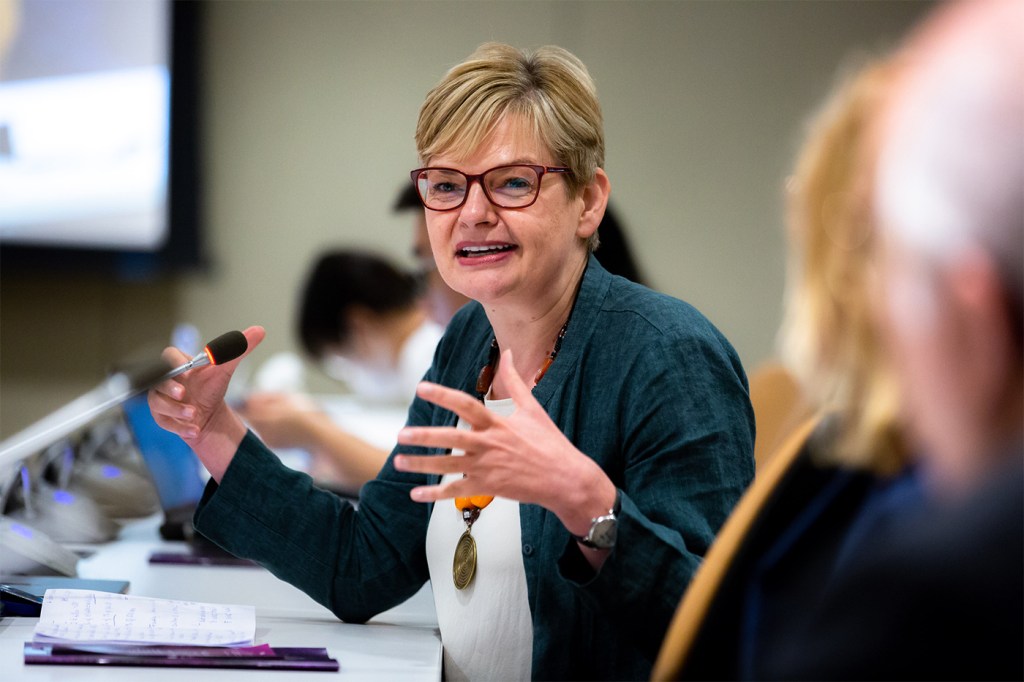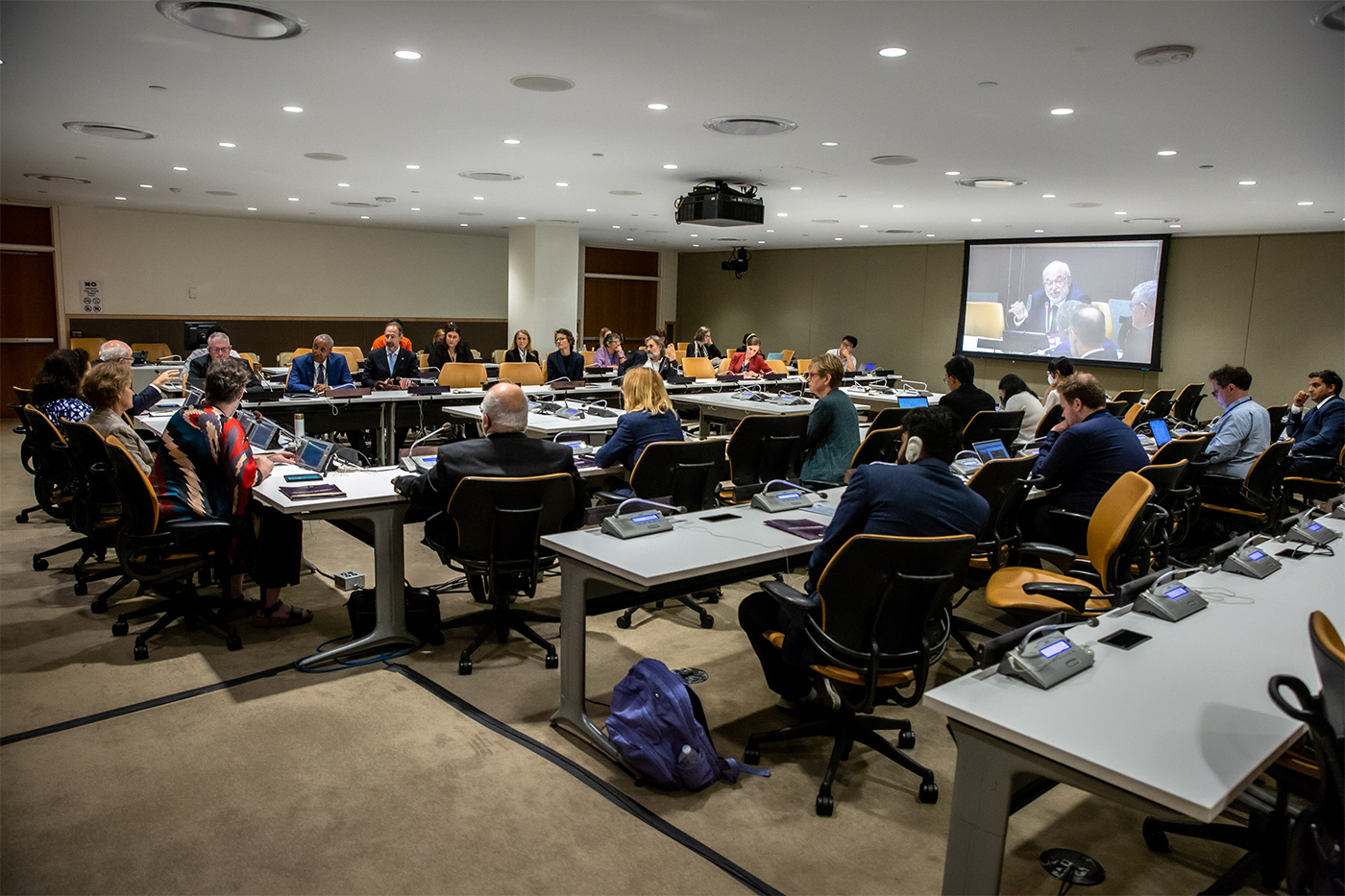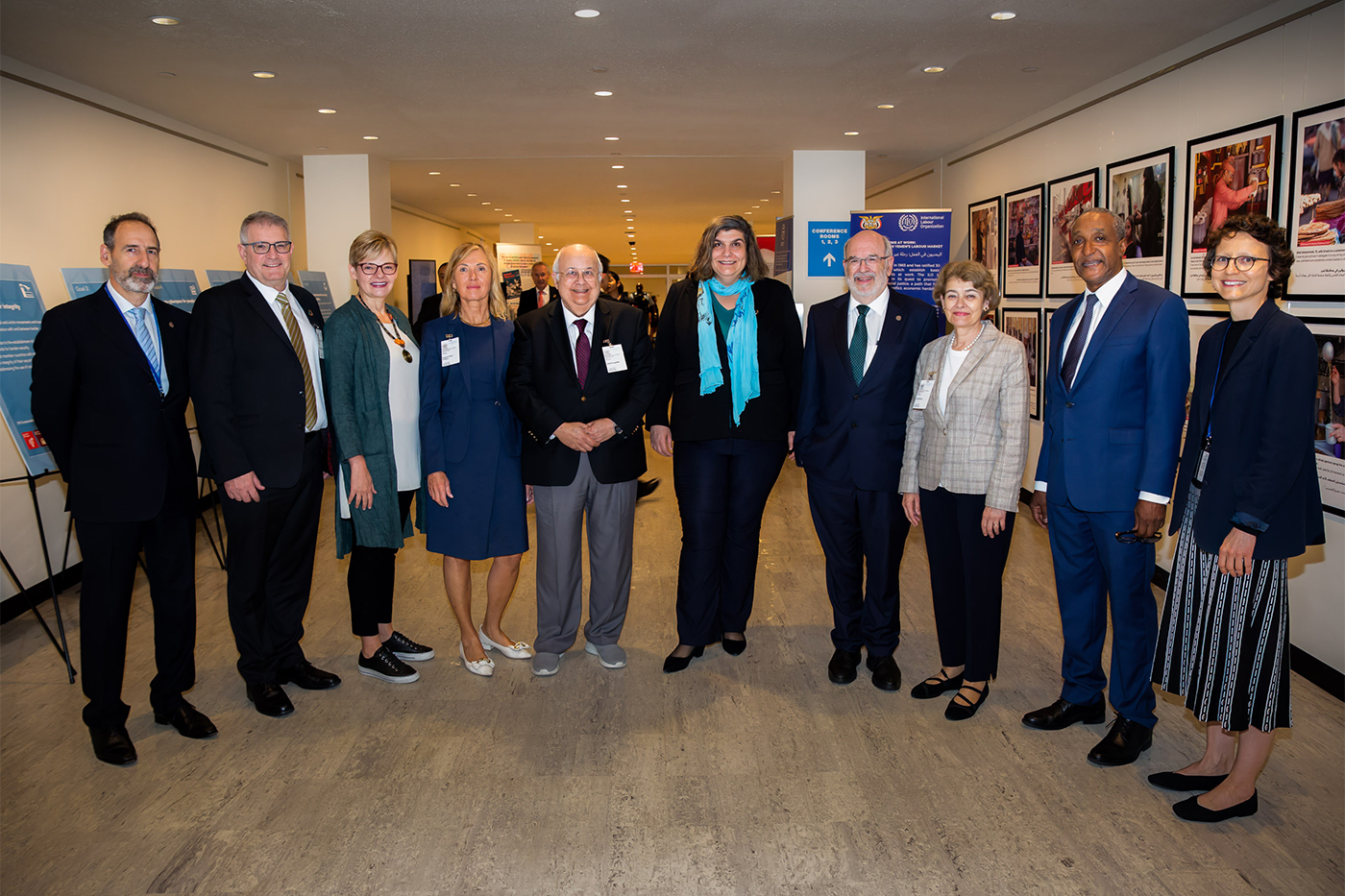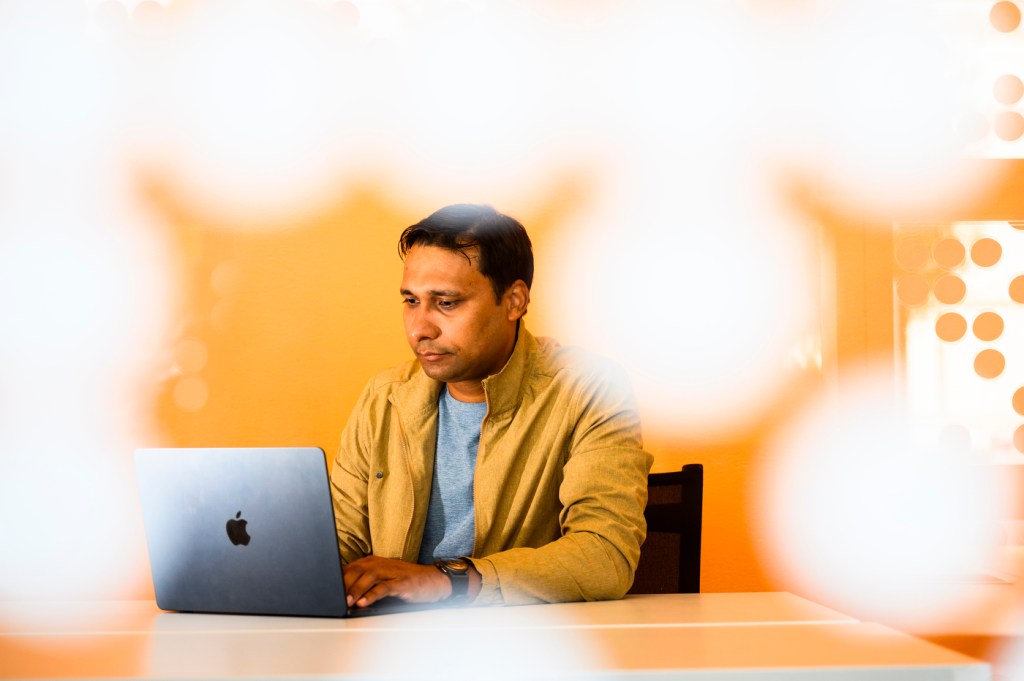Northeastern public policy expert helps develop UN report advocating network of ‘mission science’ hubs around the world

A Northeastern public policy expert contributed to a report that calls for the United Nations to adopt a new approach to science — emphasizing a mission-driven and policy-oriented approach to be practiced at a network of global hubs.
“It’s science that is mission-driven, based on a problem rather than necessarily a research question, and that encompasses problems of global significance that touch on a number of different societies, issues and disciplines,” Maria Ivanova, director of the School of Public Policy and Urban Affairs at Northeastern and an adviser to the report, says.

“Flipping the Science Model: a Roadmap to Science Missions for Sustainability,” warns that prevailing science design, funding and practice fail to address complex global issues at the speed and scale required. It advocates for establishing a “mission science” network of regional sustainability hubs around the world and for funding it at $1 billion per year.
These hubs would tackle issues — from climate change and malnutrition to water security and clean energy — through a systematic engagement process, from problem definition to implementation, with key stakeholders in regions wherever necessary.
Ivanova was a member of a global team that presented the report to the United Nations on July 17.
Ivanova says the call fundamentally changes the way we view science.
“Science asks what is, sometimes asks why, but never asks what ought to be,” Ivanova says. “We need science to be different; we need science to serve society and not be in silos.”
The report builds on Ivanova’s previous work at the UN.
Before coming to Northeastern, she was a member of the U.N. Science Advisory Board for Ban Ki-moon, former secretary-general of the United Nations. The board consisted of 13 male and 13 female scientists, of which Ivanova was one, and one of only three social scientists.
In 2016, the board issued a report titled “The Future of Scientific Advice to the United Nations.” Ivanova co-led the writing of the report, a copy of which, signed by Ban Ki-moon, adorns her office.
The International Science Council launched a “Global Commission on Science Missions for Sustainability” with a technical advisory group of 11 scientists, including Ivanova.
“Flipping the Science Model” is the result.
Ivanova says that the type of science that the report is proposing is very familiar to her as a member of the Northeastern community.
She notes that “science with impact” is Northeastern’s “North star.” Moreover, work that is transdisciplinary, coordinated with policy and completed throughout the world, is similar to the ideals of Northeastern, where commitment to transformative science extends well beyond the theoretical, and scholars collaborate across — and have expertise in — multiple disciplines.
“At Northeastern, science is transdisciplinary science,” Ivanova says. “Yes we have silos of excellence, but we’re always informed by ‘how do we make a difference in the world.’”
Even the ideal of global sustainability hubs is reminiscent of Northeastern’s Global Network, Ivanova notes.
“I did share the Northeastern ecosystem, the Northeastern value system at the global level, and that is what this commission is arguing for,” Ivanova says.

Cyrus Moulton is a Northeastern Global News reporter. Email him at c.moulton@northeastern.edu. Follow him on Twitter@MoultonCyrus.






